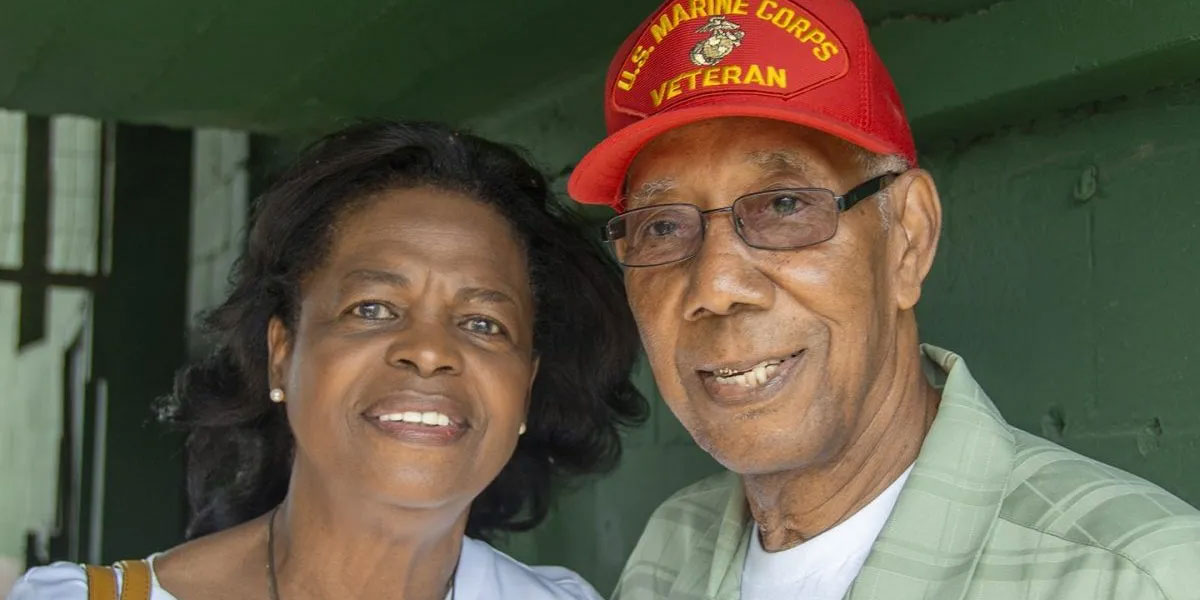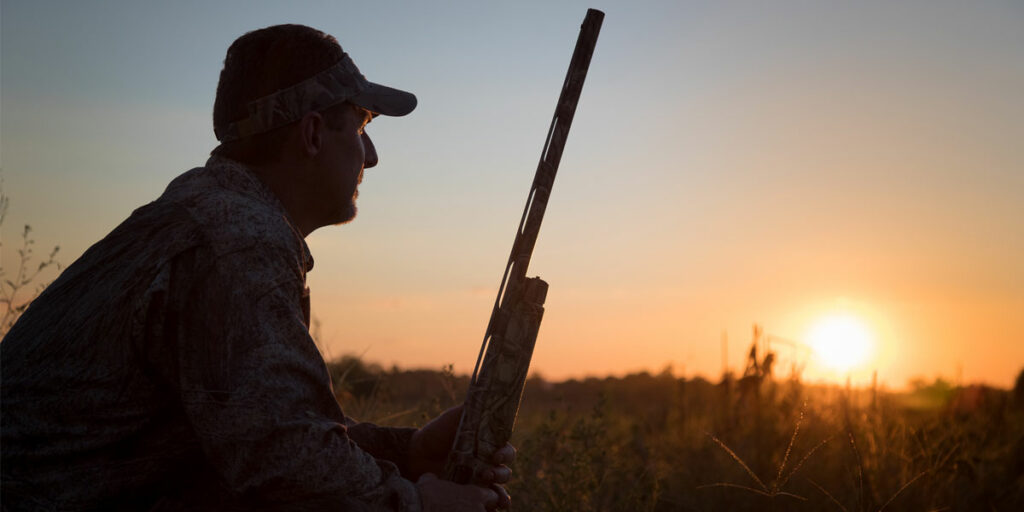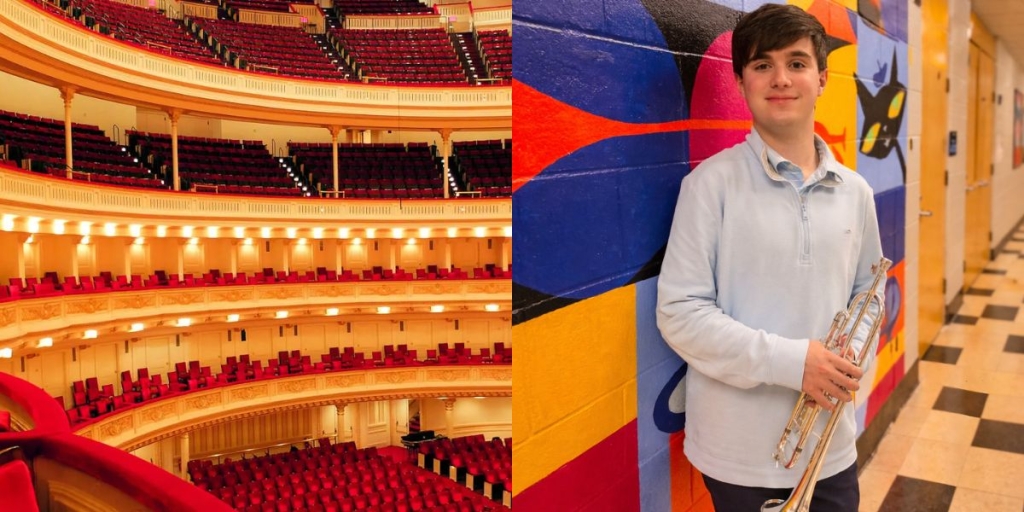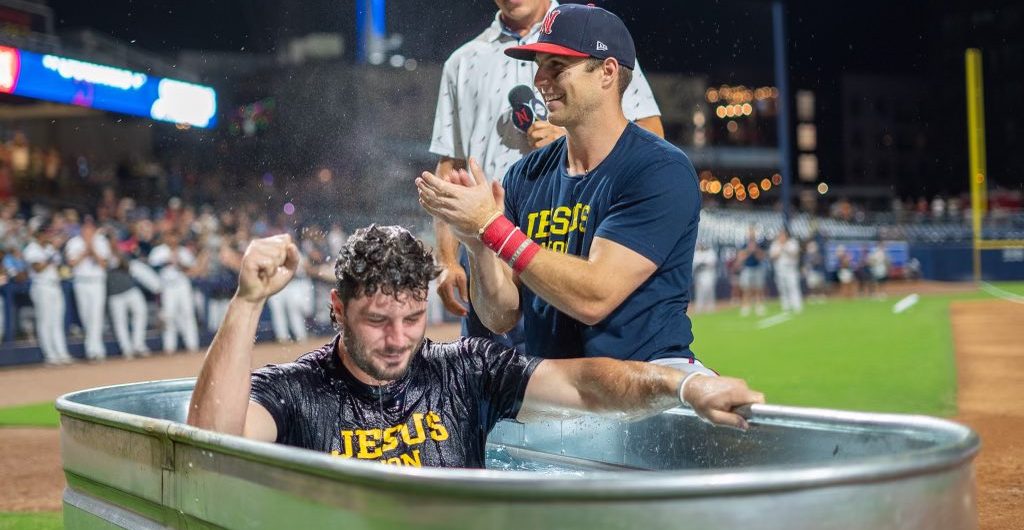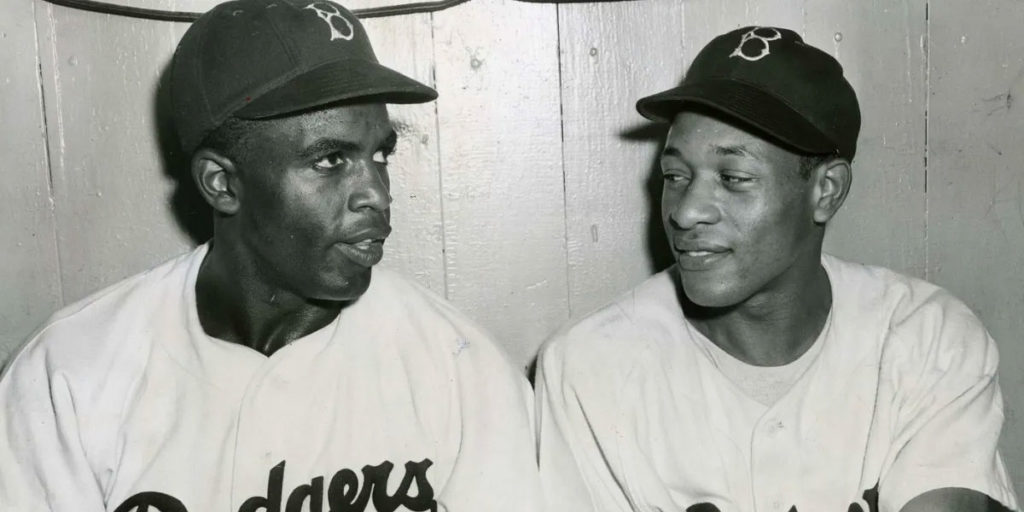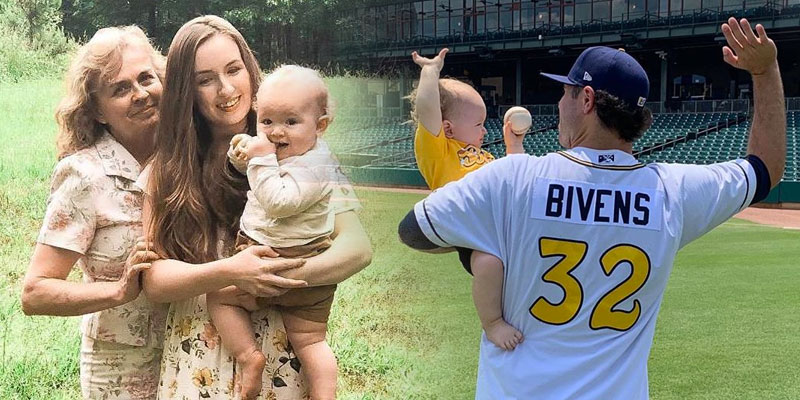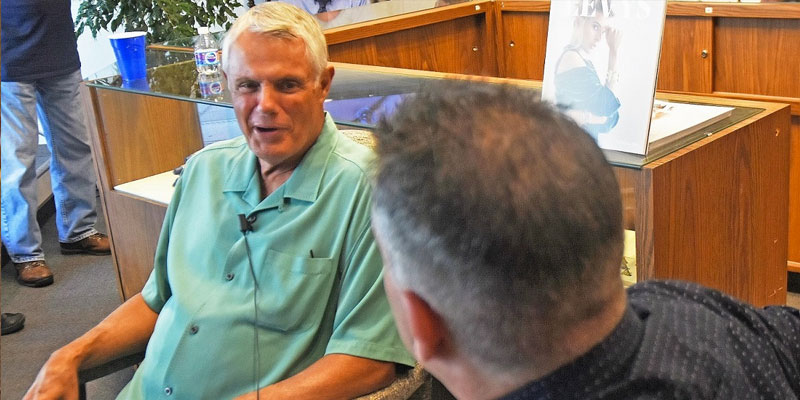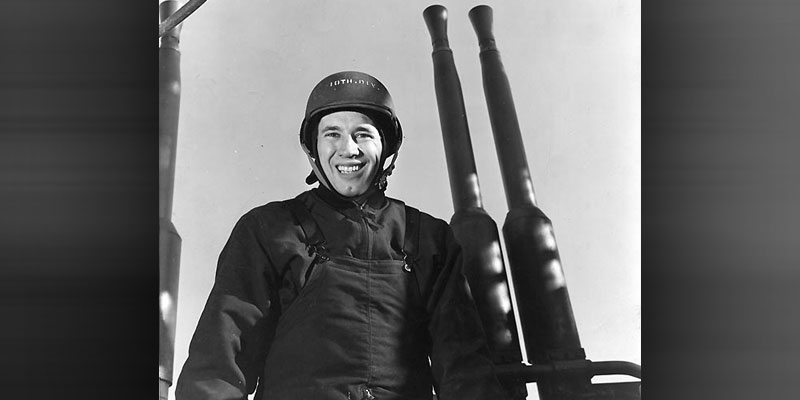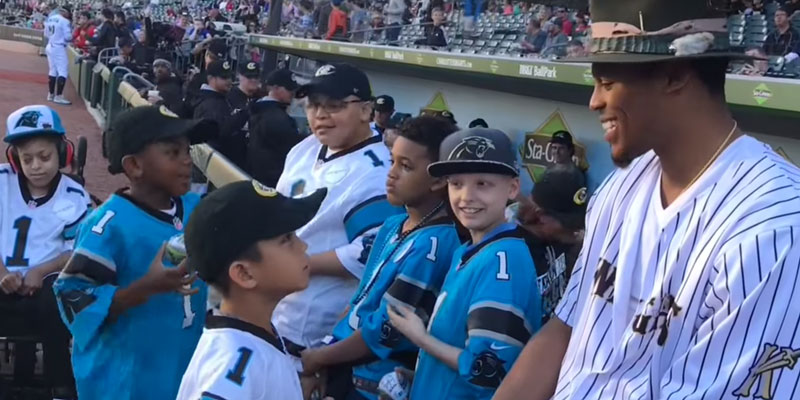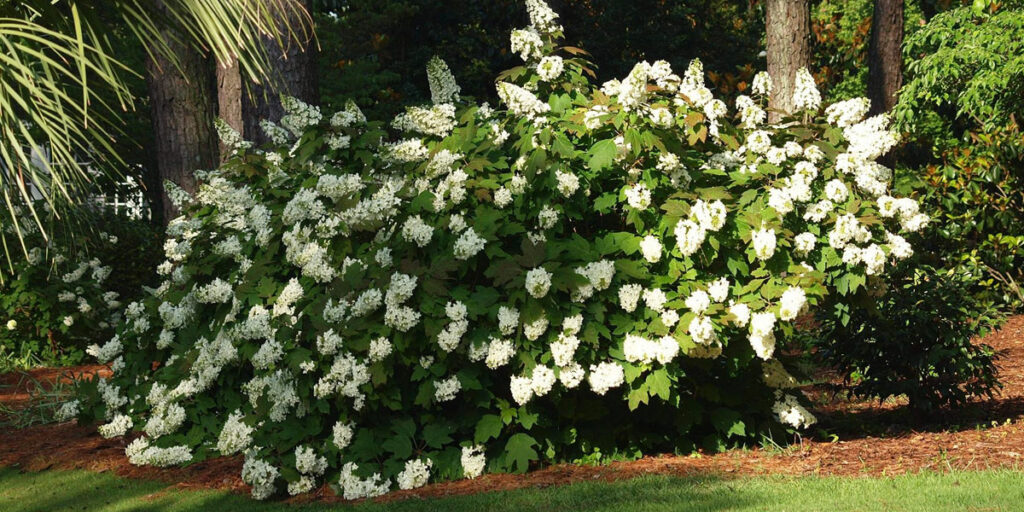The Rev. Bill Greason fought on Iwo Jima as a Montford Marine during World War II. After the war, he became an ace starter for the Birmingham Black Barons from 1948 to 1950. In 1948, he won two games in the playoffs against the Kansas City Monarchs, helping the Black Barons win the Negro American League pennant. Against the Homestead Grays, in the last Negro League World Series ever played, he started the only game of the series Birmingham would win. He later pitched for the St. Louis Cardinals, played eight years in the high minors and served as a pastor at Bethel Baptist Church in Birmingham for many years. In 2012, he was awarded a Congressional Gold Medal for his military service. On Oct. 24, 2018, Greason spoke at the Negro Southern League Baseball Conference at Rickwood Field and took questions about his remarkable life. At 97, he is the oldest living veteran of the Negro Leagues and the third oldest major leaguer. Greason lives in Birmingham and is expected to appear at the Jerry Malloy Negro League Conference awards banquet June 4.
Q: How did the players in the Negro American League and Negro National League compare to ones in organized ball?
The Rev. Bill Greason: We could have competed with any team, any major league team. We had people like Willie Mays, Artie Wilson, Bob Thurman. We could have played in the league, but at that time there was not any integration until Jackie (Robinson) went up. I pitched against his all-star team after the season in Montgomery and pitched a 1-hitter against him, Larry Doby and (Roy) Campanella. They had all those guys. We were pretty good.
Q: How were Piper (Davis) and Artie as a double-play combo?
Greason: Name a combo in the majors anywhere.
Q: Let’s say (Gene) Baker and (Ernie) Banks because they were the first all-Black double-play combination.
Greason: (Shaking his head no) Artie Wilson and Piper Davis were the greatest combo of ball players I’ve ever seen play. Artie was quick and had good hands. Piper, … many balls wouldn’t hit in the palm of his glove — they’d hit off the heel — and he would (direct the carom of the ball to Wilson).
Q: And they had a tall first baseman to throw to?
Greason: Alonzo Perry played first base and also pitched. He was about 6’6”. Anybody tall can come overhand and create problems.
Q: What did Piper say about balls hit to right field for Ed Steele and left field for Bobby Robinson when Willie (Mays) was in center field?
Greason: He just told them “from your position to the line. That’s all you go for. Anything left center or right center stay away from it because Willie could handle all of that.”
Q: Willie could cover a lot of ground?
Greason: If you could have seen Willie at that time. He had all the tools: He could run; he could throw; he was fast; he had a great arm. The only problem he was having was hitting. Willie was just awesome. He was a rarity among ballplayers and out of that he gained a lot of respect. Piper Davis had to help him hit, especially the curve ball. He could hit a fastball. You remember the first year he went with the Giants, he had a hard time, but then Piper called him and told him about some of things he did, and he began to become a great hitter. I believe if he hadn’t gone into the service – he had about 660 home runs – he would have had 7(00) or 800 home runs. He had power to all fields, and he was quick with the bat. He was a great ballplayer.
Q: Was Piper Davis ever hard on you as a manager?
Greason: One time in a close game, (Johnny) Britton missed an easy ground ball and it went through (his legs). So, when I got the ball and got on the mound, I just lobbed the ball up there. And I did it again. By the time I got ready to throw the next one, Piper Davis was in my face. And I won’t tell you what he said. He didn’t use too much profanity. He said, “Do you throw a strike every time you throw the ball? … Then how the hell do you think he’s going to catch everything?” He said, “Don’t do that anymore,” and after that he didn’t have any more problems out of me.
Q: What was it like when you left the Black Barons and signed in the Texas League?
Greason: I went to Oklahoma City. I went to the ballpark and E.J. Humphries came to the clubhouse and said, “This is another player that we’ve signed to play for us, and I don’t want you to look at his color or anything. I want you to treat him like you would do your own.” And this happened in the clubhouse. And I never had any problems when I played baseball with my fellow players. They accepted me because I was quiet and unassuming. I just did my job. But they accepted me, and I accepted them.
Q: And didn’t he tell you that you had to be better?
Greason: Yeah, he said, “I didn’t bring him out here because he’s as good as you. He’s got to be better.” I proved I was a little better. It was a great year. I won nine and lost one and had a 2.14 earned run average. That’s pretty good, isn’t it?
Q: Well, you were the box office?
Greason: What you talking about? (Laughing) … Wherever I would go, like in Shreveport, that’s where I’d get the most “stuff.” But, whenever I was scheduled to pitch, the park would fill up, everywhere we would go.
Q: Now Humphries had a chance to sell your contract?
Greason: Yeah, the Yankees and the Red Sox offered $100,000 after I went nine and one, but he said, “I’m going to let him stay one more year here because next year I’ll get more than that for him.” So, the next year they had me in spring training in Galveston, Texas. This little hotel I was living in was right by the water and I caught a cold in my arm. So, he sold me for $25,000 and four players (to the Cardinals).
Q: Tell us about your confrontations with Dave Hoskins (of the Dallas Eagles).
Greason: Oh, what a day that was! I could hardly get to the ballpark because they had the first Black player and Oklahoma City had me; I was the first Black to play for them. On the way to the park, I could hardly get in there, and I pitched against them and we won that day. I beat him, 3-2, and it was a great game. They had over 11,000 people there in the park.
Q: Did you have a favorite ballpark or city that you enjoyed playing in?
Greason: No, you know, we were limited in where we could go and what we could do. So, we made the best of where we were. It didn’t bother us because we were used to that kind of stuff.
Q: What did you think of Rickwood Field?
Greason: One of the best ballparks we played in. Everything here: accessibility and vision — wherever you were seated you had a good view of the field. One of the best I played in.
Q: Reverend Greason, when you were on the Rochester Red Wings, they played an exhibition game against the Havana Sugar Kings before the U.S. embargo went into effect. Is it true that one of your teammates got shot during the game?
Greason: We were playing in Havana, Cuba on the night that Fidel (Castro) took over Havana. He came to the ballpark with some of his troops; and they were celebrating — firing those weapons into the air. One of them (a bullet) clipped one player’s ears. They had a big writeup about it when we got back home. … They were just celebrating the liberation. I think the leader of that nation had been Batista. That’s pretty good for 94 years old! (Laughing)
Q: Reverend Greason, you spent a lot of time in Puerto Rico. You led the league several years in wins. Can you share about a couple of those teams you played on, and the teammates that were behind you? It must have been great knowing you were going to get a bunch of runs from hitters like (Roberto) Clemente, Mays, Buzz Clarkson, Bob Thurman and George Crowe.
Greason: That was one of the greatest teams that I believe I played on in ‘54 in Puerto Rico. We had George Crowe, who played with Boston, at first base, Ron Samford with the Giants, Don Zimmer, Buzz Clarkson, Roberto Clemente, Bob Thurman, Willie Mays and our catcher was Valmy Thomas. Our pitching staff was Sam Jones, Ruben Gomez and myself.
Q: How could you lose?
Greason: We didn’t.
Q: What did Roberto Clemente call you?
Greason: Mi hermano — My brother. Yeah, we were brothers, we were real close. He was a great soul, Roberto was. He was on his way to bless some people when that plane crashed. It was a heck of a blow to us, you know, ’cause when you’re close to people and they leave, it bothers you when you think about it. (Roberto Clemente) called me his brother, mi hermano, ’cause he started when he was young, and I was the one that encouraged him. I’d put my arms around him if he would strike out and I encouraged him and say, “Just catch the ball.”
This article first appeared in Rickwood Tales, the Newsletter of America’s Oldest Ballpark.
(Courtesy of Alabama NewsCenter)




